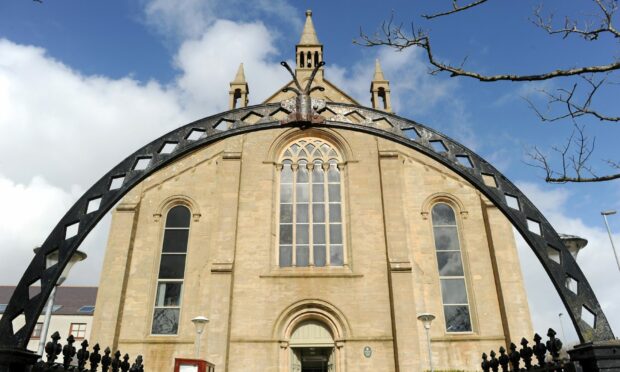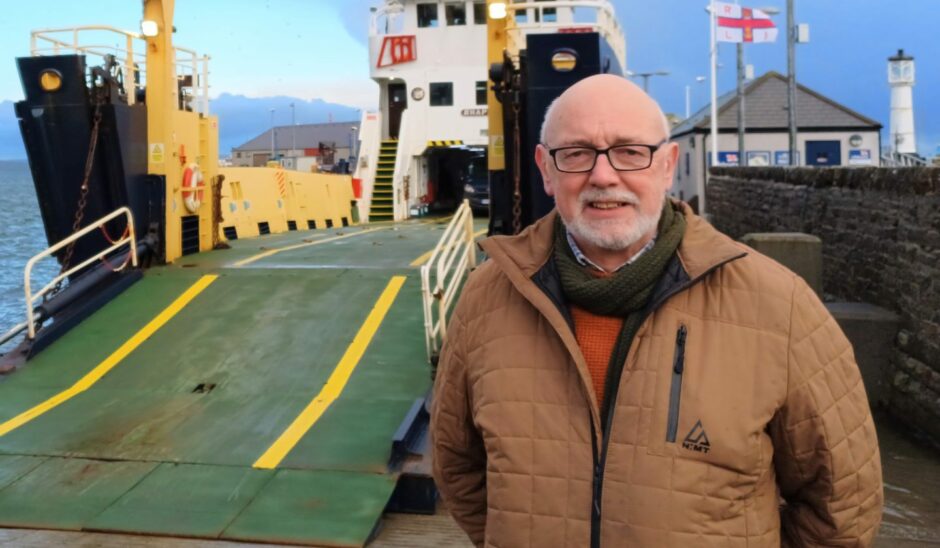Councillors in Orkney have agreed to take away the right to vote held by the religious representatives sitting on the local authority’s Education, Leisure, and Housing committee.
At a full council meeting this morning, a motion put forward by Green councillor John Ross Scott was debated and supported.
The conclusion saw a vote of 12 to 9 in favour of removing the right to vote on matters that go to the ELH committee for the three religious reps.
The other choice put to the councillors was to defer the matter to a future full council meeting.
This would have allowed the council to consult with the religious representatives and their parent organisations.
In accordance with Scots Law, Orkney Council‘s EHL committee retains three seats for religious representatives. However, it has only recently filled all three.
The committee’s current religious reps are Rev Fraser Macnaughton, Rev Susan Kirkbride, and Marie Lock.
For many years the only religious representative on the EHL committee was Hugh Halcro-Johnston, who told the LDR service he never once used his vote.
While their right to vote on matters at the EHL committee will be removed, they will still be part of it and able to speak at meetings.
Similarly, the committee currently has two teacher reps, who sit on the committee but cannot cast votes.
Has this happened elsewhere?
Orkney Council is not the first Scottish council to do away with religious reps’ votes.
Perth & Kinross, Moray, and the Scottish borders have already taken this right away.
Today, multiple councillors raised the fact that these religious reps are not elected by the public.
This appointment to the EHL committee comes at the nomination of their parent body, for example, the Church of Scotland.
This nomination must then be approved by the councillors on the committee.
The motion backed at today’s meeting came from the Orkney Green councillors. John Ross Scott put it forward, with Kristopher Leask seconding it.
Mr Scott said the reps’ right to vote should be made in the interest of “fairness and equality”.
He said when the rules around the reps were introduced in 1948, the world was “a different place”.
Green councillors make their argument
Mr Scott said, with a decline in religious identity in the country, he finds it “bewildering” that “unelected religious representatives” retain the right to vote on education committees.
He compared this with the rules for student, teacher, and union reps, which have no such right to vote.
However, he also said he was not against religious representatives expressing their views on the committee.
Councillor Leslie Manson questioned whether proper consultation had been done on the issue.
However, he also said he was not against the motion put forward by Mr Scott.
He called for views to be collected from the religious reps and their parent bodies before a decision was made.
Who should have a say?
Councillor David Dawson did speak out against the motion saying there was a wider motive at play.
He said the proposals were “a pale shadow” of the real motives behind this.
“Namely the blanket secularisation of Scottish society – something to which the Scottish Green party aspires.”
Mr Dawson said councillors would “do well to remember how the Christian church has historically shaped our education system”.
“From the commitment to establish a school in every parish the church has maintained the importance of education.”
Wider agenda at work, says councillor Dawson
He later said: “The fundamental crux of this matter is this: if one is to serve on a committee of this council – and remember religious representatives are there by the virtue of the local governance Scotland act 1973 – then they should be accorded with full voting rights.”
Mr Dawson said: “To disenfranchise them thus would be to make a mockery of democracy.”
However, Mr Dawson was in the minority on this issue.
A number of councillors spoke in favour of the motion.
Notably, the chair and vice-chair of the EHL committee, councillors Gwenda Shearer and Jean Stevenson, stated that they would back the removal of the voting right of the religious reps.



Conversation